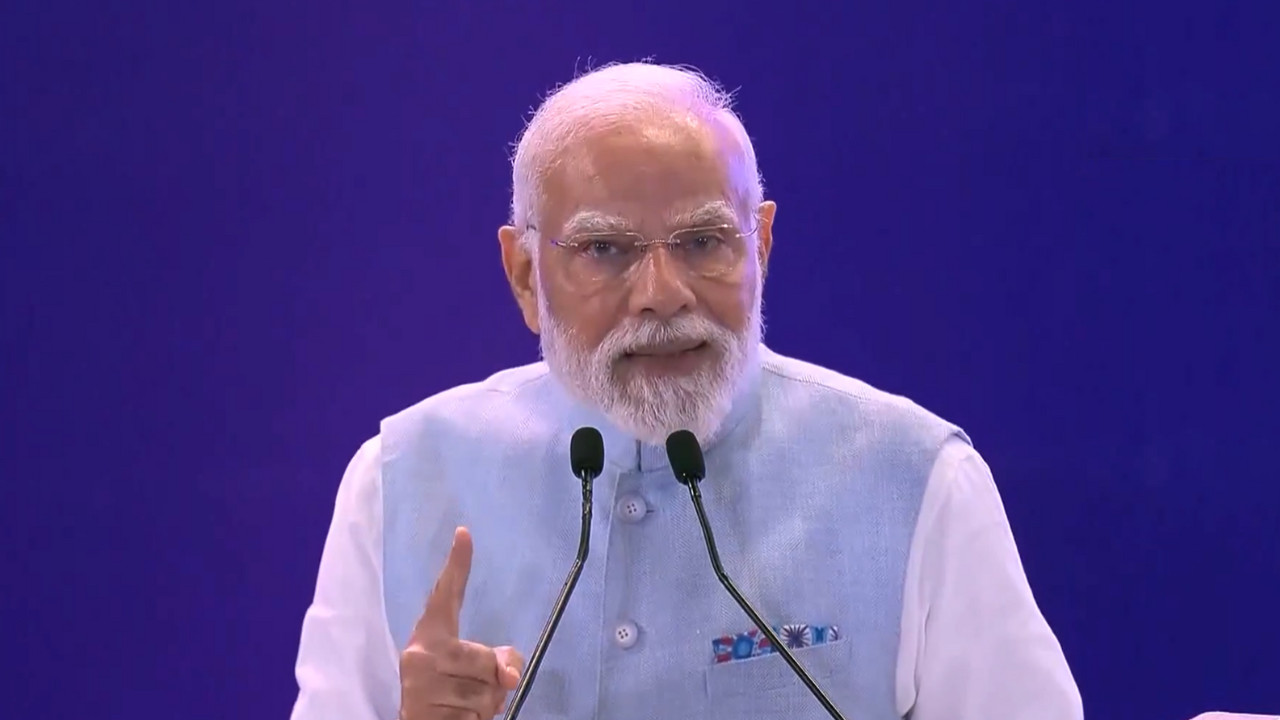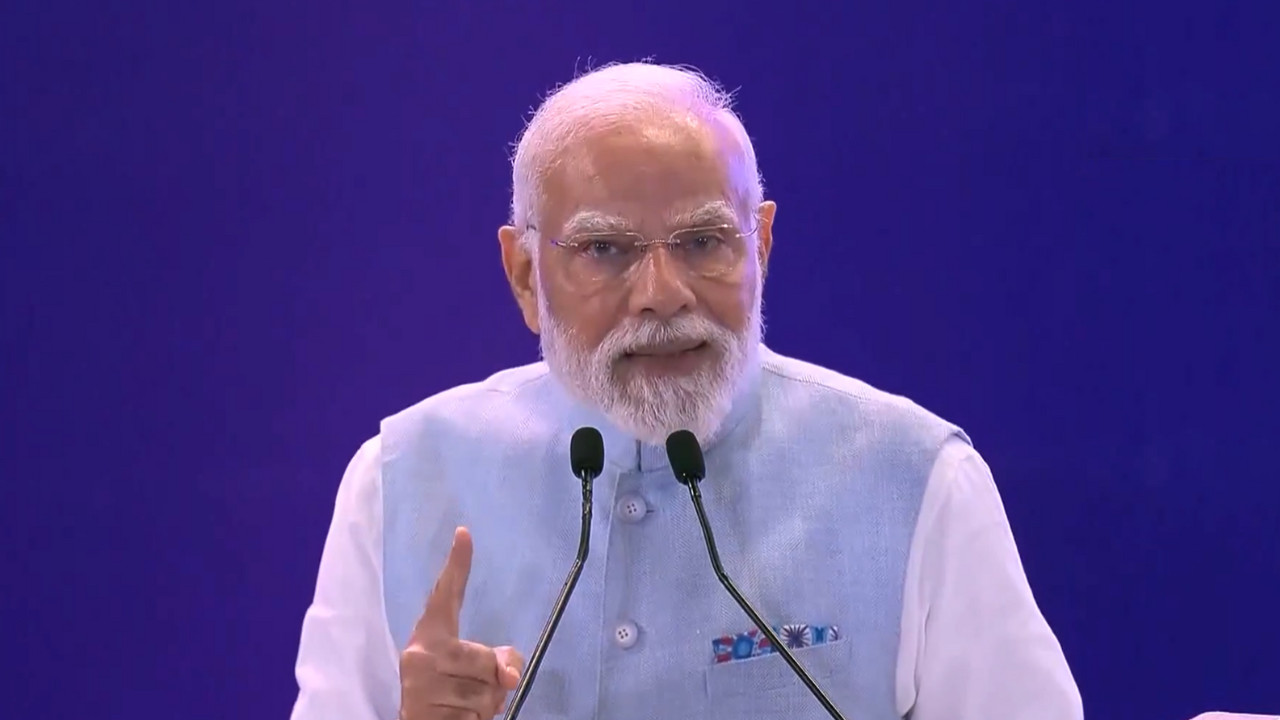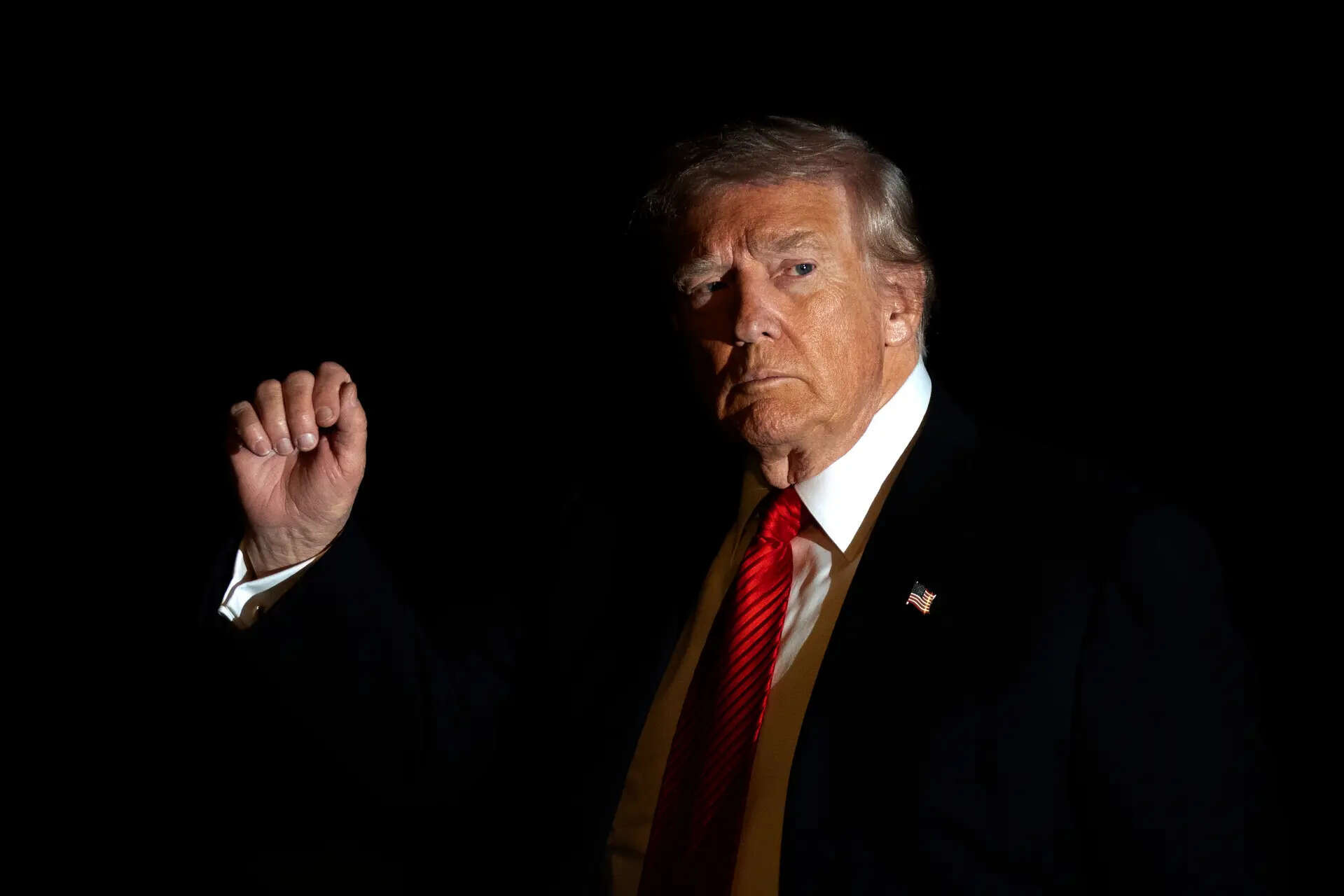India and the UK are poised to sign a free trade agreement, potentially unlocking significant tariff reductions and benefits for service sectors. The UK will grant duty-free access to 99% of Indian goods, boosting exports like textiles and engineering products. India will reduce tariffs on British whisky, cars, and other items.
A New Chapter for India-UK Trade: Beyond the Headlines
The ink’s barely dry, and the air is buzzing – India and the UK have finally stitched together a Free Trade Agreement (FTA). After years of negotiation, promises, and a healthy dose of diplomatic wrangling, the deal is done. But what does it really mean, and who stands to benefit most from this economic handshake? Let’s unpack what’s on the table, moving past the broad strokes to understand the tangible impact on businesses, consumers, and the economies of both nations.
Tariff Cuts: The Opening Salvo
At the heart of any FTA lie tariff reductions, and this agreement is no different. The immediate removal or phased reduction of import duties on a vast array of goods is a significant win for both sides. For India, this means potentially cheaper access to advanced technologies, machinery, and specialized components vital for boosting its manufacturing sector. For the UK, it opens the door to a massive market for its goods and services, potentially invigorating sectors from automotive to spirits. Imagine British whiskey flowing more freely into India and Indian textiles finding their way into UK wardrobes without the price-hiking burden of tariffs. That’s the kind of shift we’re talking about.
Job Access: A Two-Way Street
Beyond the movement of goods, the FTA also addresses the movement of people. Easier access to work visas and professional recognition for skilled workers could create a dynamic exchange of talent. Indian professionals, particularly in IT, healthcare, and engineering, could find new opportunities in the UK. Simultaneously, British experts and entrepreneurs could bring their skills and innovation to India’s rapidly growing economy. It’s a potential boost for productivity and innovation on both sides, fostering collaboration and knowledge sharing. This is particularly promising for young professionals seeking global experience.
Market Openings: Leveling the Playing Field

Perhaps the most significant long-term impact of the India-UK Free Trade Agreement will be the enhanced market access it provides. The deal aims to reduce non-tariff barriers, such as complex regulations and bureaucratic hurdles, which often hinder trade. This includes streamlining customs procedures, harmonizing standards, and ensuring greater transparency in government procurement processes. These changes are not just about lowering costs; they’re about creating a more predictable and business-friendly environment, encouraging investment and fostering greater confidence among traders. For smaller businesses, in particular, this simplified access could be a game-changer, enabling them to compete on a more level playing field with larger corporations.
Who Wins? A Sector-by-Sector Look
While the FTA is designed to benefit both countries overall, some sectors stand to gain more than others. India’s textile, leather, and agricultural sectors could see a surge in exports to the UK. The UK’s automotive, pharmaceutical, and financial services industries are poised to expand their presence in the Indian market. However, it’s not just about specific sectors. The FTA also has the potential to unlock broader benefits for consumers. Increased competition could lead to lower prices and a wider range of choices. Moreover, the agreement could spur innovation as businesses strive to meet the demands of a more integrated global market.
Navigating the Road Ahead
The India-UK Free Trade Agreement is a complex and multifaceted agreement, and its success will depend on effective implementation and ongoing cooperation between the two countries. Businesses will need to adapt to the new rules and regulations, while governments will need to ensure that the agreement is enforced fairly and transparently. It’s also important to acknowledge that there may be challenges along the way. Some industries may face increased competition, and there could be concerns about environmental and labor standards. Addressing these issues proactively will be crucial for ensuring that the FTA delivers its full potential benefits. Interested in the impact of other international trade deals? Read more about the impact of Brexit on European businesses.
A Foundation for Future Growth
The India-UK Free Trade Agreement marks a significant milestone in the economic relationship between these two historical partners. It provides a framework for closer collaboration, increased trade, and greater investment. While the immediate impact may be incremental, the long-term potential is substantial. By removing barriers to trade and fostering a more business-friendly environment, this agreement has the power to unlock new opportunities, create jobs, and drive economic growth in both India and the UK, laying a foundation for a dynamic and prosperous future.







